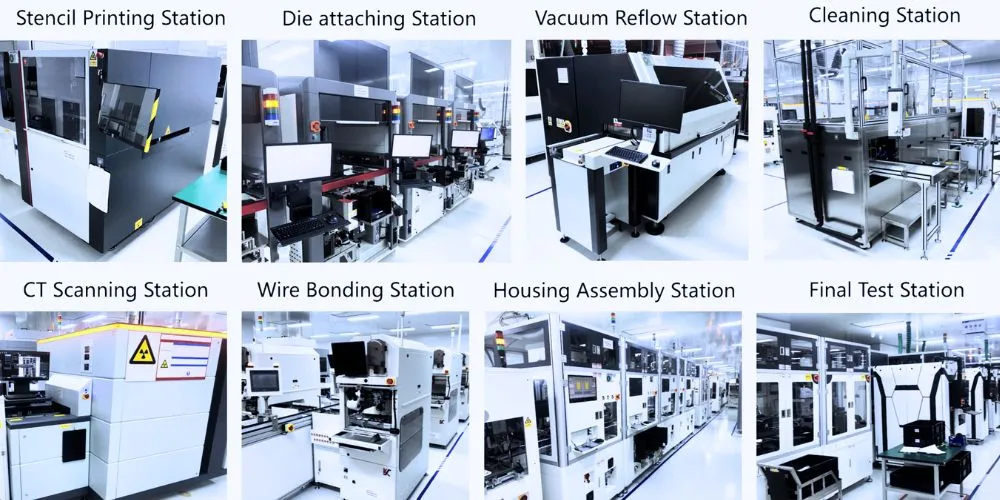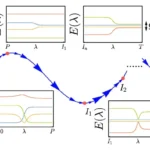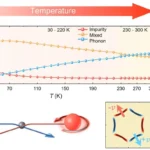The surge in novel energy vehicles, power generation, and photovoltaics has propelled power electronic devices, particularly Insulated-Gate Bipolar Transistors (IGBTs), into the limelight. In alignment with the transformative concepts of “Industry 4.0” and “Made in China 2025,” traditional manufacturing is swiftly transitioning towards digitalization and intelligence for enhanced efficiency. The research published in MDPI Sensors introduces a groundbreaking modular intelligent IGBT production line, leveraging the power of digital twin methodology.
The digital twin methodology, widely adopted across industries, constructs virtual models of physical entities, facilitating real-time data interconnection to reduce costs and improve efficiency. This research establishes a modular intelligent IGBT production line based on the digital twin, where real-time data from the physical line are transmitted to a digital counterpart for storage and analysis. The digital line is visualized, and an intelligent management platform incorporating multiple functions is developed.
The innovation extends to addressing quality issues in IGBT packaging through a problem-solving approach grounded in the digital twin methodology. The process simulation database aids in obtaining optimal process parameters, enhancing yield rates and efficiency. The production line, housed in a dust-free workshop spanning over 300 m2, integrates all packaging processes, from die attaching to wire bonding and testing.
The design includes a process simulation model library, enabling real-time optimization of process parameters. The digital twin approach is employed to analyze and resolve issues related to nonconforming products, fostering efficient interdepartmental communication and problem-solving capabilities. The production line’s adaptability allows on-site material and parameter switching based on product types, establishing real-time and historical databases to boost yield and rhythm.
Furthermore, the intelligent production line can implement three-shift production for over 10 product types, catering to major customers in the photovoltaic and automobile industries.
The researchers aim for future work to refine the model and algorithm using big data for more precise prediction and optimization of process parameters, ensuring accurate resolution of quality issues. Additionally, the research will focus on establishing digital twin-based connectivity across the entire product life cycle, enhancing manufacturing process traceability, and promoting seamless communication throughout the research, development, testing, and after-sales stages.





